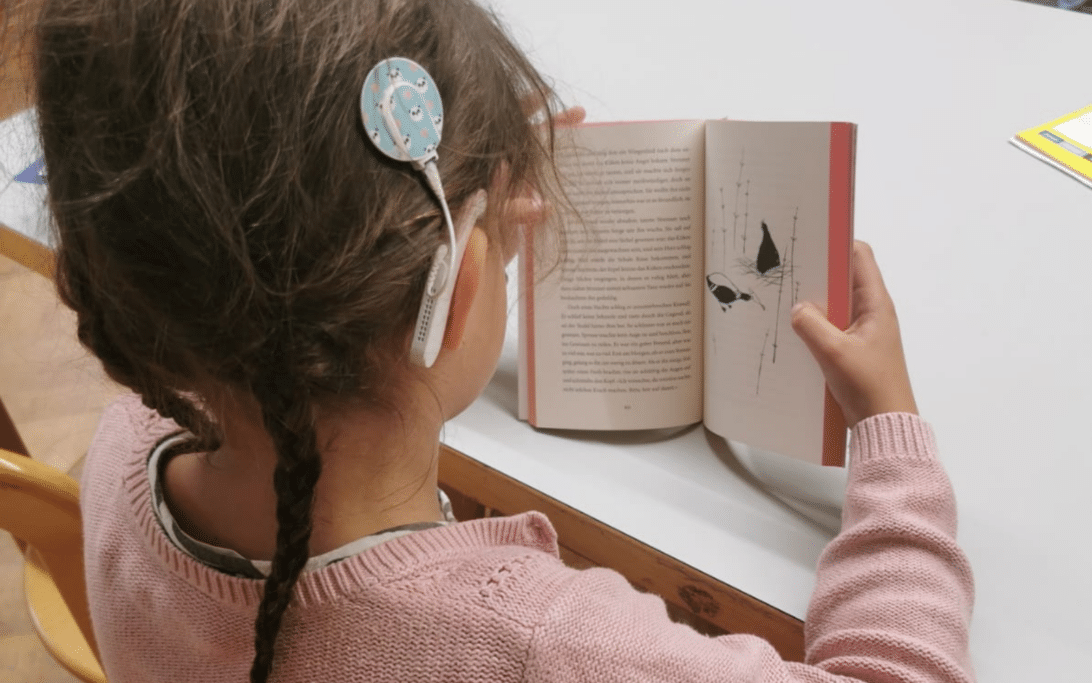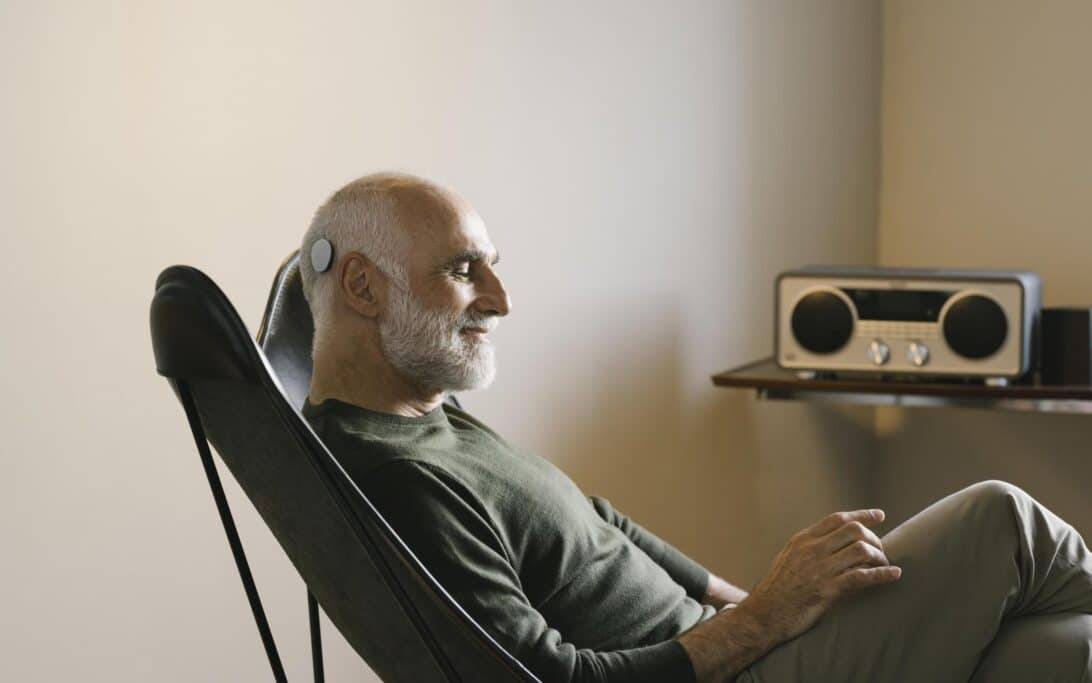
As a cochlear implant recipient, how you feel with your device is just as important as your scores on hearing tests with your audio processor, if not more so. Studies have shown that cochlear implants not only can improve an adult’s communication skills but also have positive benefits on their quality of life, self-esteem, and self-confidence.

.png)




